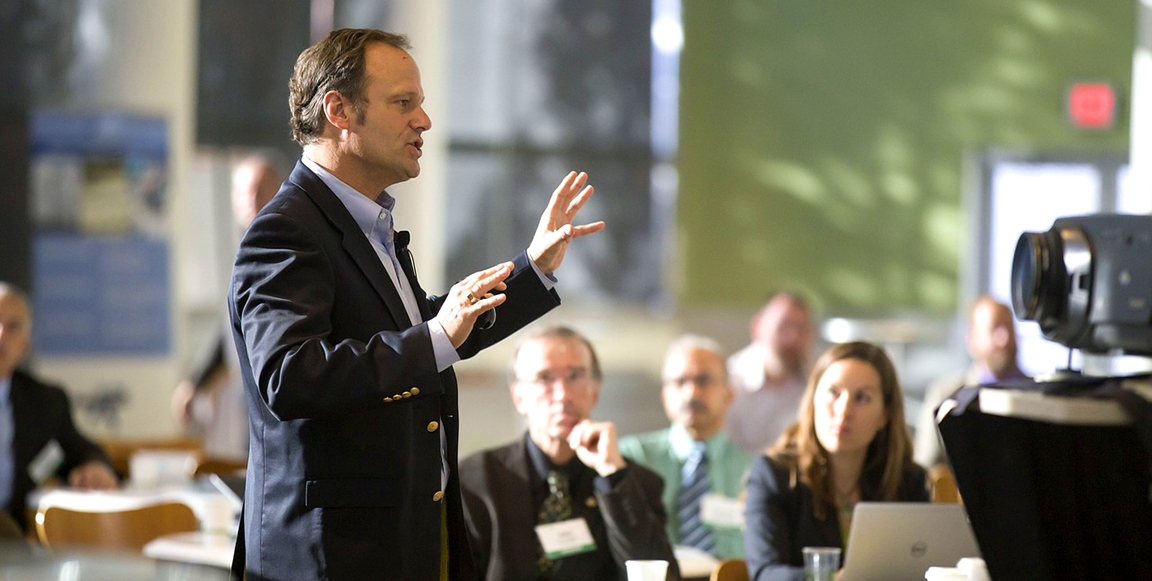
The Power of Word of Mouth
Most of us seek advice and suggestions from others before making a decision. We might ask our friend who works in IT his opinion on the latest computers before buying a new one. When buying car, we’ll ask that uncle who’s a car geek what he thinks of our options. In these moments, word of mouth plays a crucial role, and for businesses and freelancers alike it represents an important tool. Word of mouth gives us the opportunity to differentiate a product or service from its competition. To use word of mouth to its greatest advantage, it’s important to research and identify opinion leaders and their audiences. Building relationships with those people will prove to be an important step in improving any company’s marketing efforts.
While the thought that some individuals have more influence than others might strike us as more or less evident today, this was not always the case. Until the 1950s, it was theorized that publics were easily manipulated and that any message or behavior could be inculcated by mass media. This began to change in the mid-century when certain academics proposed that media and the general public where separated by opinion leaders: people who actively consumed and filtered information in order to later influence those around them. This changed businesses’ perception of how to communicate to people.
Word of mouth is as important today, when traditional advertising is facing disruption, as it has ever been. Since advertisers now have fewer valuable channels through which to communicate—think the demise of printed newspapers or Netflix’s lack of advertising—alternative methods of reaching people need to be devised. Hence why businesses are involving naturally persuasive and charismatic people in their marketing campaigns. We can see this by looking at the social media accounts of our favorite personalities and discovering their associations with brands. Note too how film marketers talk about the importance of “word of mouth” to a movie’s box office success. Also, freelancers are turning to the tried-and-true method of cultivating face-to-face relationships with clients. In today’s competitive market, people’s opinions cannot be ignored.
Strategically building a product’s word of mouth network can take time and involves planning. It begins with research: what audience does a particular opinion leader have, and does it correspond to the one you’re trying to reach? For example, if you are trying to promote a health product, a personal trainer might be a good person to co-opt since those around them will generally trust them to provide advice on fitness or wellness. Furthermore, their audience would have already sought out a personal trainer, making them generally more likely to be interested in your product.
Opinion leaders are people who are passionate and knowledgeable about a specific interest—say technology or investing—and like to share their passion with others. In essence, they are people who like to communicate with others. And they might just be willing to talk about you or your product if they think it’s good and agree with its values. Identifying these people and reaching out to them involves making sure they are a right fit for your product or service.
Next comes the building of a mutually beneficial relationship: it involves both parties getting something positive out of the interaction. This means building trust, which can take time but can lead to high rewards. It can be accomplished online or in person, but the emphasis should be on empowering and motivating the influencer to deliver your message to their audiences—the consumer base that you’re trying to reach.
In the digital age, these opinion leaders are often dubbed “influencers”. Regardless of what they are called, their existence updates our notion that there are some people towards whom we naturally gravitate towards when it comes to seeking information. Whether it’s online or in person, people will always value the opinions of other. The challenge for anyone seeking to increase their success in today’s marketplace is the acknowledgement that some people can be powerful, helpful assets to reach others. The next step is to involve them in your mission to grow your business’s influence and to win the opinions of others.












